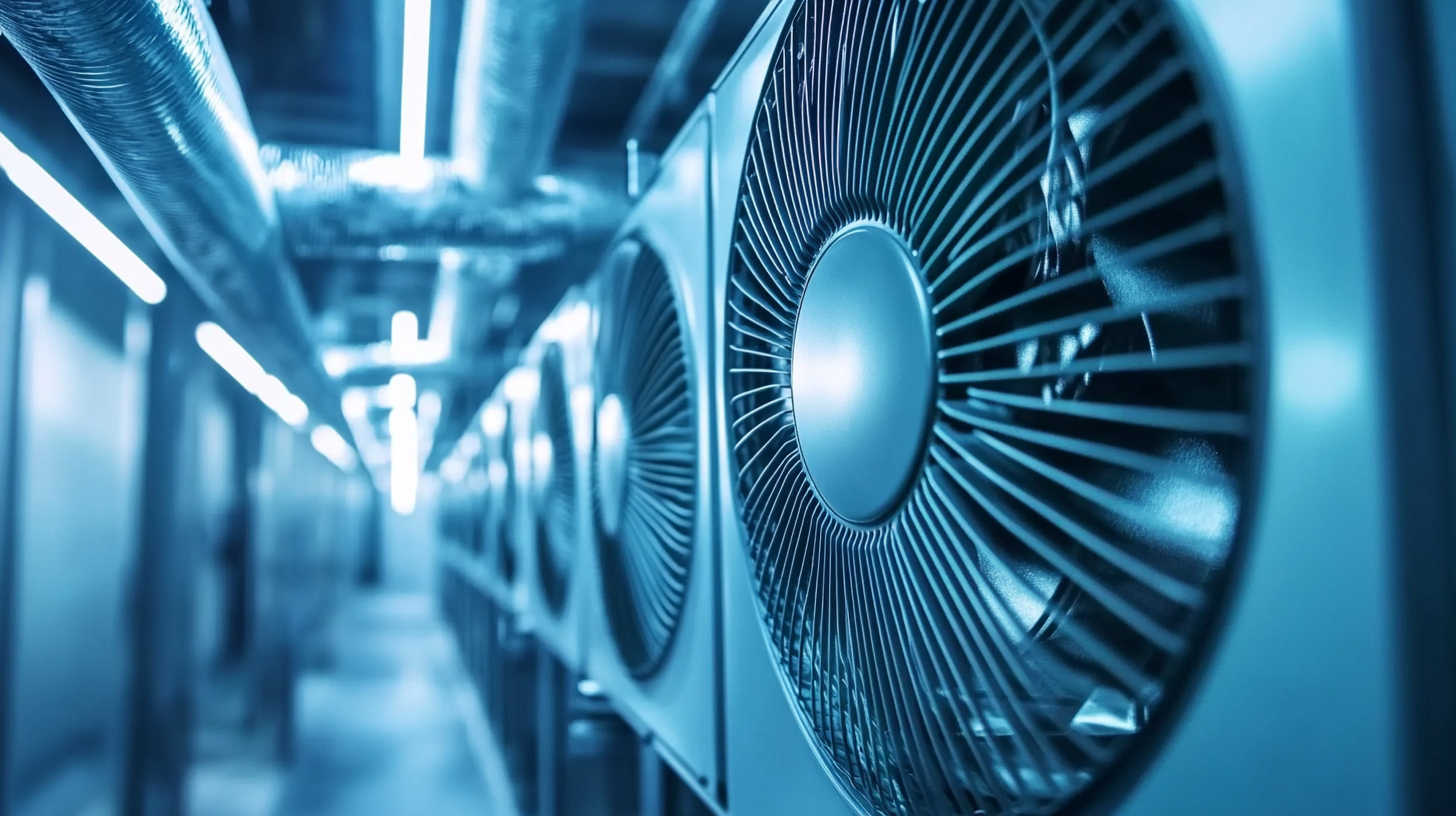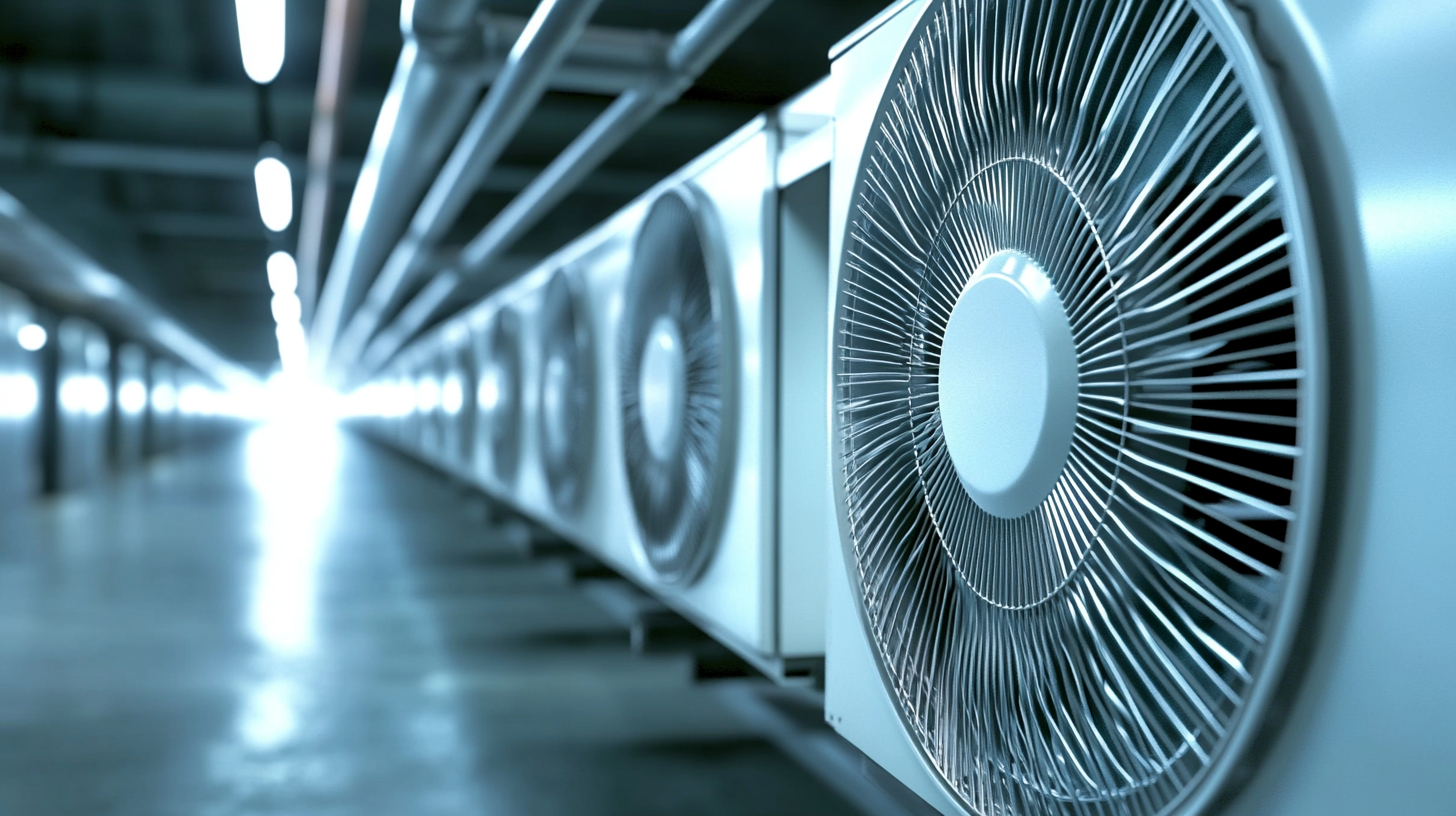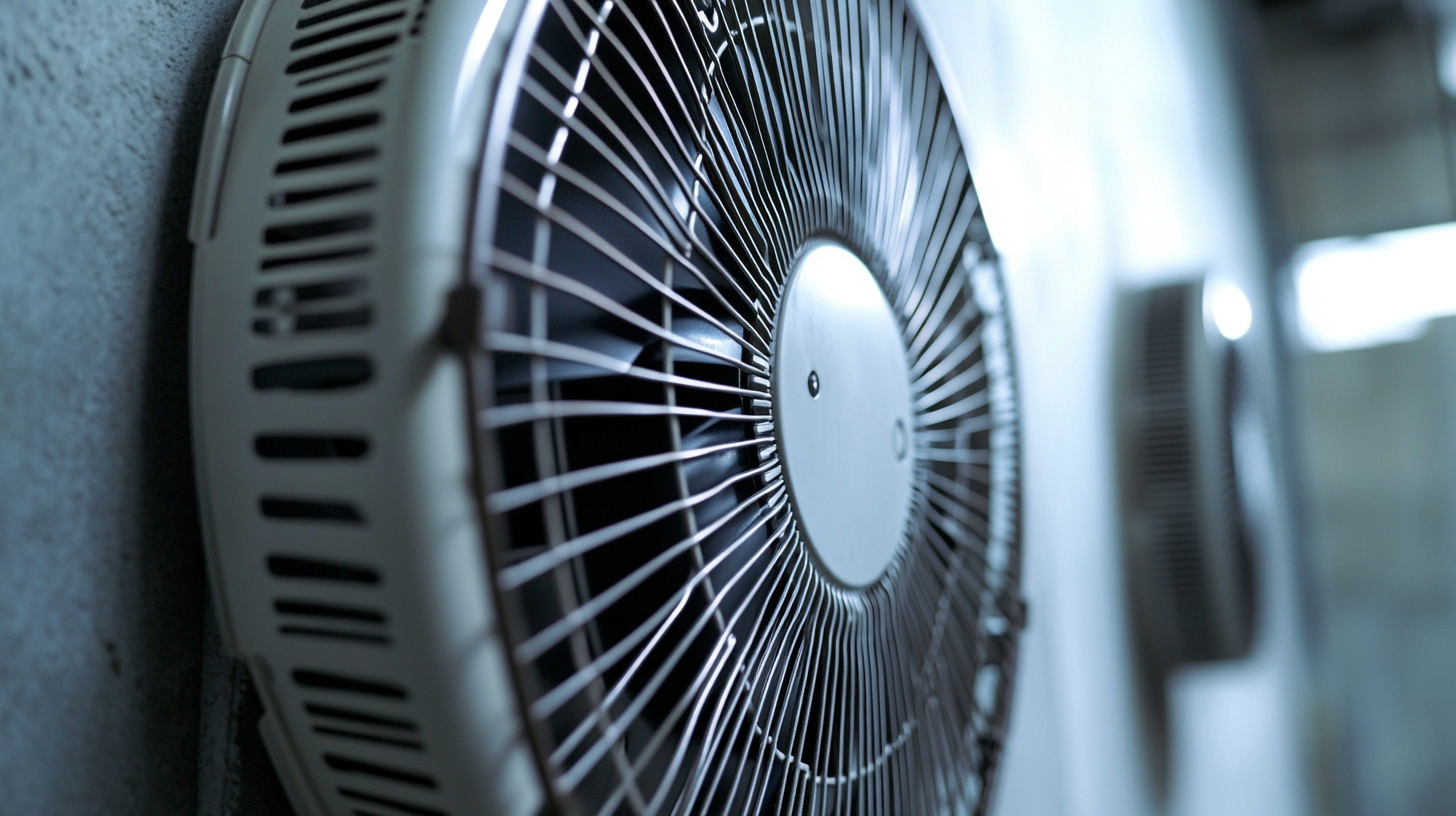




As we look ahead to 2025, the landscape of air conditioning technology is on the brink of transformative innovations, particularly in the realm of Air Conditioner Fan Motor design. According to a report by MarketsandMarkets, the global air conditioner market is projected to reach $158.6 billion by 2025, with increasing demands for energy efficiency and sustainability driving advancements in fan motor technology. In the face of rising global temperatures, consumer expectations for quieter, more efficient cooling solutions are growing. Innovations such as brushless DC motors and integrated inverter technologies promise to enhance the performance and longevity of air conditioning systems while reducing energy consumption. Moreover, the shift towards smart home integration is likely to influence the development of Air Conditioner Fan Motors, making them more adaptive to user behavior and environmental conditions. This blog will explore these trends and potential alternatives, examining how technological progress may redefine our cooling experiences in the near future.

The current landscape of air conditioner fan motor technologies reveals both advancements and limitations that warrant attention. Most conventional fan motors rely on brushed designs, which suffer from wear and tear over time, leading to decreased efficiency and increased noise levels. The use of asynchronous AC motors, while prevalent due to their simplicity and cost-effectiveness, often results in energy wastage and less precise airflow control. Moreover, these technologies tend to generate significant heat, reducing the overall system performance and lifespan.
On the other hand, brushless DC motors have emerged as a promising alternative, offering higher efficiency and quieter operation. However, they come with higher initial costs and require more complex control systems. Additionally, many existing systems lack integration with smart technologies, which can limit their functionality and adaptability to user needs.
As the demand for energy-efficient and environmentally friendly solutions grows, it becomes imperative to address these limitations and seek innovative approaches in fan motor technology that can push the boundaries of performance while embracing the smart integration of 2025 and beyond.
When selecting high-quality air conditioner fan motor suppliers, one of the key factors to consider is the reputation of the manufacturer. Reliable suppliers often have a proven track record for durability, efficiency, and innovation in their products. Checking reviews, certifications, and testimonials can provide valuable insights into their performance history. Additionally, it’s beneficial to choose suppliers who prioritize sustainability, as the industry moves towards greener technologies.
Another crucial aspect is the supplier's commitment to customer support and technical assistance. A responsive supplier can significantly reduce downtime by providing prompt service and troubleshooting help. It’s essential to evaluate the availability of after-sales service, warranty conditions, and ease of access to replacement parts. Engaging with suppliers who emphasize ongoing support will ensure a seamless integration of new fan motor technologies, ultimately enhancing the performance of your air conditioning systems.
The air conditioning industry is poised for groundbreaking advancements by 2025, particularly in fan motor technology. One of the most significant emerging trends is the development of brushless DC (BLDC) motors, which offer higher efficiency and lower noise levels compared to traditional AC motors. These quieter, energy-efficient motors not only reduce electricity consumption but also enhance user comfort, making them ideal for residential and commercial spaces alike. As energy regulations become stricter, the adoption of BLDC technology is expected to accelerate, positioning it as a standard in future air conditioning systems.
Another noteworthy innovation is the integration of smart technology within fan motors. By harnessing the Internet of Things (IoT), these motors can be monitored and controlled remotely, allowing users to optimize their cooling needs based on real-time data. Such connectivity not only improves energy management but also enables predictive maintenance, reducing downtime and extending the lifespan of the unit. As energy savings and convenience become paramount to consumers, air conditioning systems that incorporate smart fan motor technology will likely lead the market in the coming years.

As the HVAC industry evolves, evaluating and partnering with suppliers becomes crucial for effective air conditioner fan motor technology innovation. A strategic approach begins with establishing clear criteria for supplier evaluation, focusing on aspects such as product quality, technological advancements, and sustainability practices. By prioritizing suppliers who demonstrate a commitment to innovation and environmental responsibility, companies can ensure they remain competitive while meeting increasing regulatory requirements.
Moreover, building strong relationships with suppliers is vital for fostering collaboration and securing the best resources. Regular communication and feedback mechanisms can help identify mutual goals and align strategies. Joint development initiatives can also facilitate innovation, allowing both parties to leverage their strengths to create cutting-edge solutions. By strategically engaging with suppliers, HVAC companies can navigate challenges and capitalize on emerging trends in fan motor technology, positioning themselves for success in 2025 and beyond.

As we approach 2025, the air conditioning industry is witnessing a transformative shift towards sustainability, particularly in fan motor technology. The integration of eco-friendly materials and designs is becoming a focal point, as manufacturers aim to reduce the carbon footprint of their products. According to a report by the International Energy Agency (IEA), energy-efficient cooling systems could contribute to a 30% reduction in global energy consumption by 2030, underscoring the urgent need for innovations in this sector.
Industry leaders are increasingly adopting biobased plastics and recyclable metals in fan motor construction. A recent market analysis by Research and Markets indicates that the global market for sustainable HVAC components is expected to reach $150 billion by 2027, with a compound annual growth rate (CAGR) of 8.5%. This shift is not only driven by regulatory pressures but also by consumer demand for greener products, which has prompted manufacturers to invest in R&D for alternative materials and energy-efficient designs. As a result, we can anticipate a new generation of air conditioning units that are not only more efficient but also environmentally responsible.
| Innovation Type | Description | Eco-Friendly Material | Efficiency Improvement (%) | Expected Market Impact |
|---|---|---|---|---|
| Brushless DC Motors | Use of electronic commutation to improve energy efficiency. | Recycled plastics | 20% | High demand in energy-efficient appliances. |
| Smart Fan Motors | Integration with IoT for real-time efficiency monitoring. | Biodegradable composites | 25% | Growing trend in smart home technology. |
| Variable Speed Motors | Adjusts speed based on cooling needs to save energy. | Recycled aluminum | 30% | High efficiency for residential and commercial units. |
| Magnetic Bearing Motors | Eliminates friction for longer lifespan and higher efficiency. | Eco-friendly synthetic lubrication | 40% | Potential for high-end air conditioning units. |


